Elephant conservation
Tanzania
Hot peppers instead of shooting
How to keep elephants at bay with chillies
On the fringes of the Serengeti, in northern Tanzania, lies the Ngorongoro nature reserve, home to the semi-nomadic Maasai pastoralists. In the bush and grassland of the savannah, they engage in farming and keep livestock in order to feed their families. However, the Maasai’s habitats overlap with the territories of wild animals, resulting in conflict time and again. Since elephants eat the farmers’ often scarce harvests, they kill the pachyderms to protect their harvests.
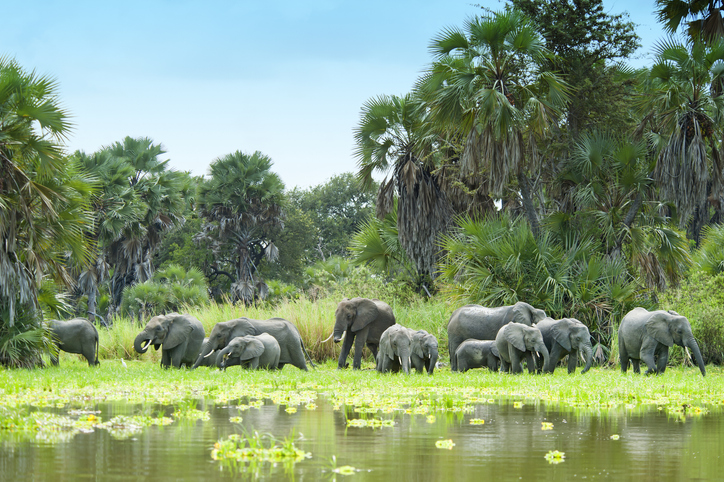
Reconciling the needs of humans with animals is a primary concern for the DER Touristik Foundation. In Tanzania, it is successfully mitigating these conflicts by simple means.
Best example:
The “chillies against elephants” project that marks out corridors for the elephants by using chilli fences, guides them into permitted routes and achieves a great overall impact. The barriers coated in chilli paste effectively deter the pachyderms from entering the Maasai fields, since their trunk, a highly developed olfactory organ, reacts extremely sensitively to the spicy pods.
The local population helps to build and maintain chilli fences, accompanied by a comprehensive information and training campaign on elephant conservation. In 2021 alone, new chilli fences over a length of more than 36 km were erected in six villages.
With success:
Elephants now use the corridor much more regularly because they feel secure here, and often stop to feed on trees and grass without endangering the crops of farming families.
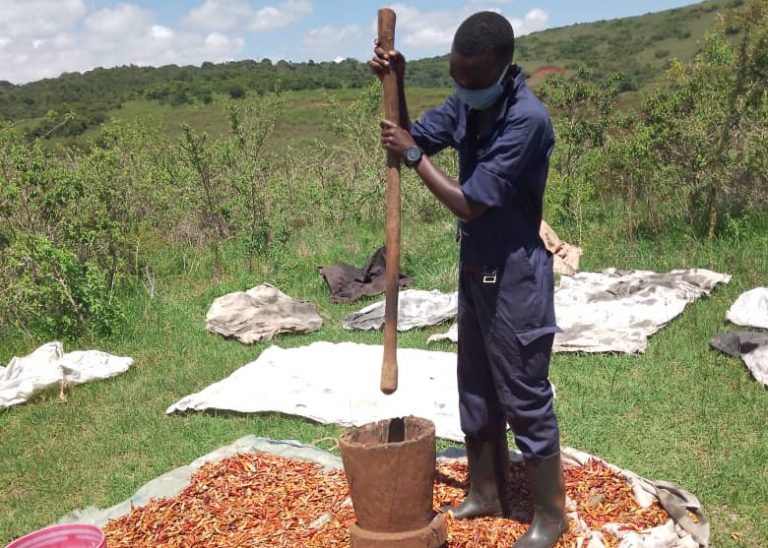
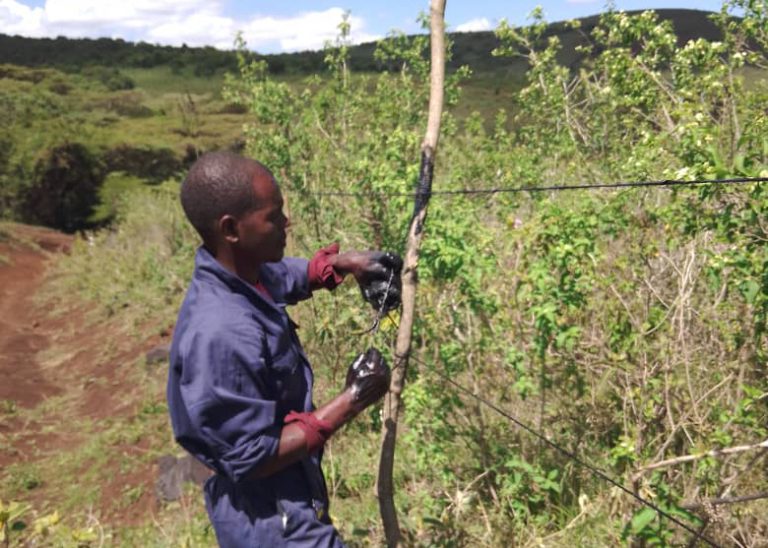
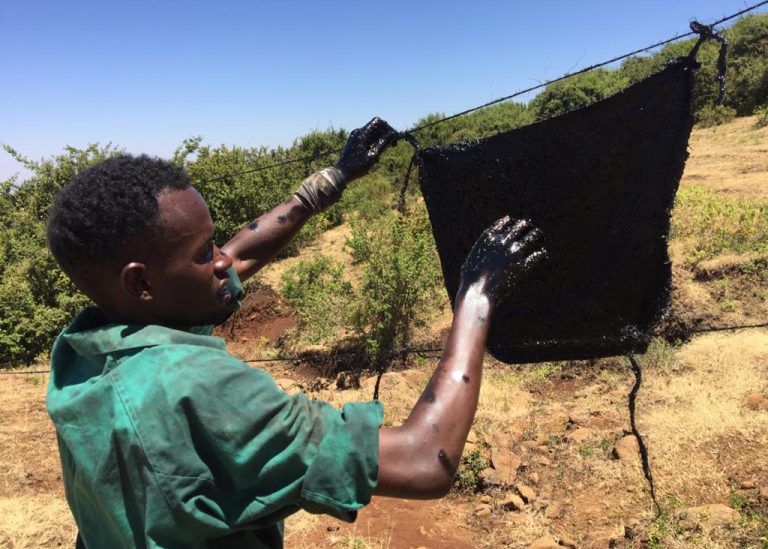
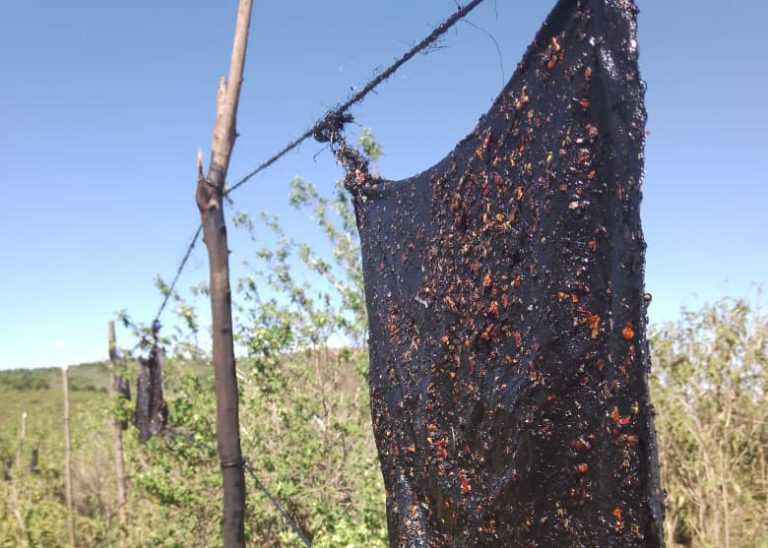
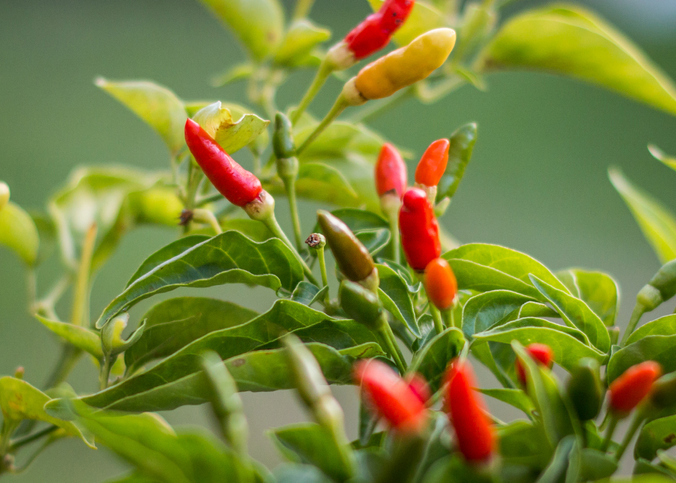
The elephant migration corridor is supervised and protected by twelve elephant guards. These guards have been trained in anti-poaching, and have now established a good relationship with villagers and community leaders.
Our cooperation partners:
Upendo – Verein zur Förderung von Entwicklungsprojekten in Afrika e.V.
The association promotes development cooperation at local level in Africa, and in Tanzania in particular. Project work is carried out in close cooperation and coordination with the government, which bears responsibility for the country and its people.
PAMS Foundation
Established in 2006, the Foundation consists of a team of 200 gamekeepers advocating the protection of wild animals in Tanzania. Their goal: protecting wild animals and nature in such a way that the local population participates and benefits at the same time.
